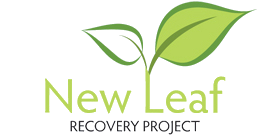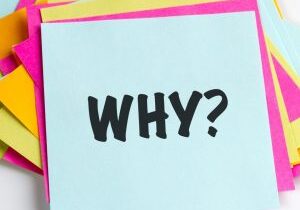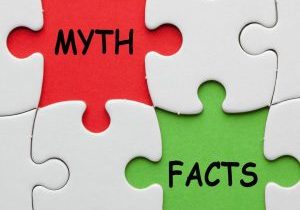Addiction and the LGBTQ+ Community
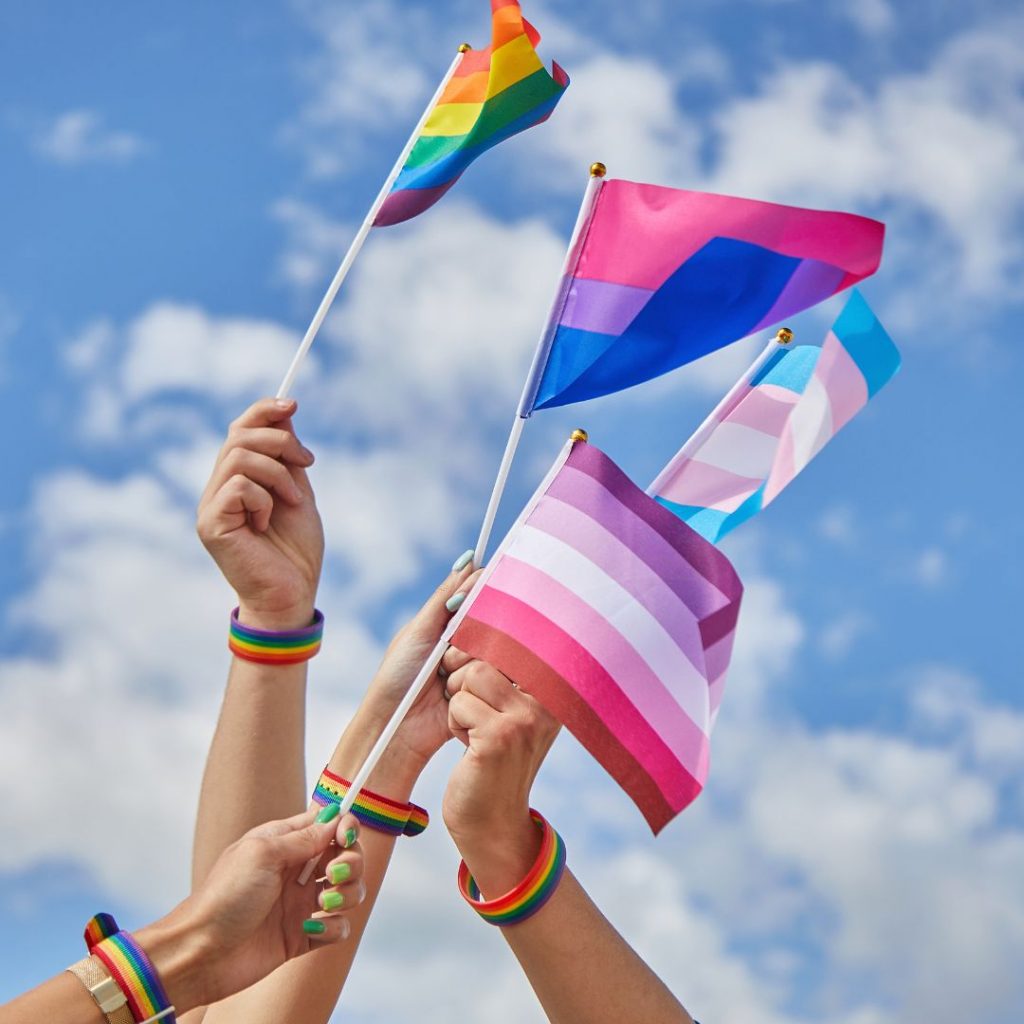
In 2018, the UK’s Stonewall report found that 9% of LGBTQ+ people in Britain took drugs at least once a month for a year, compared to just 2.6% of non-LGBTQ+ people. This trend is even higher amongst young people, with 13% aged between 18-24 stating they took drugs at least once a month. The same report also found that around one in six LGBTQ+ people (16%) said that they drank alcohol almost every day throughout the year.
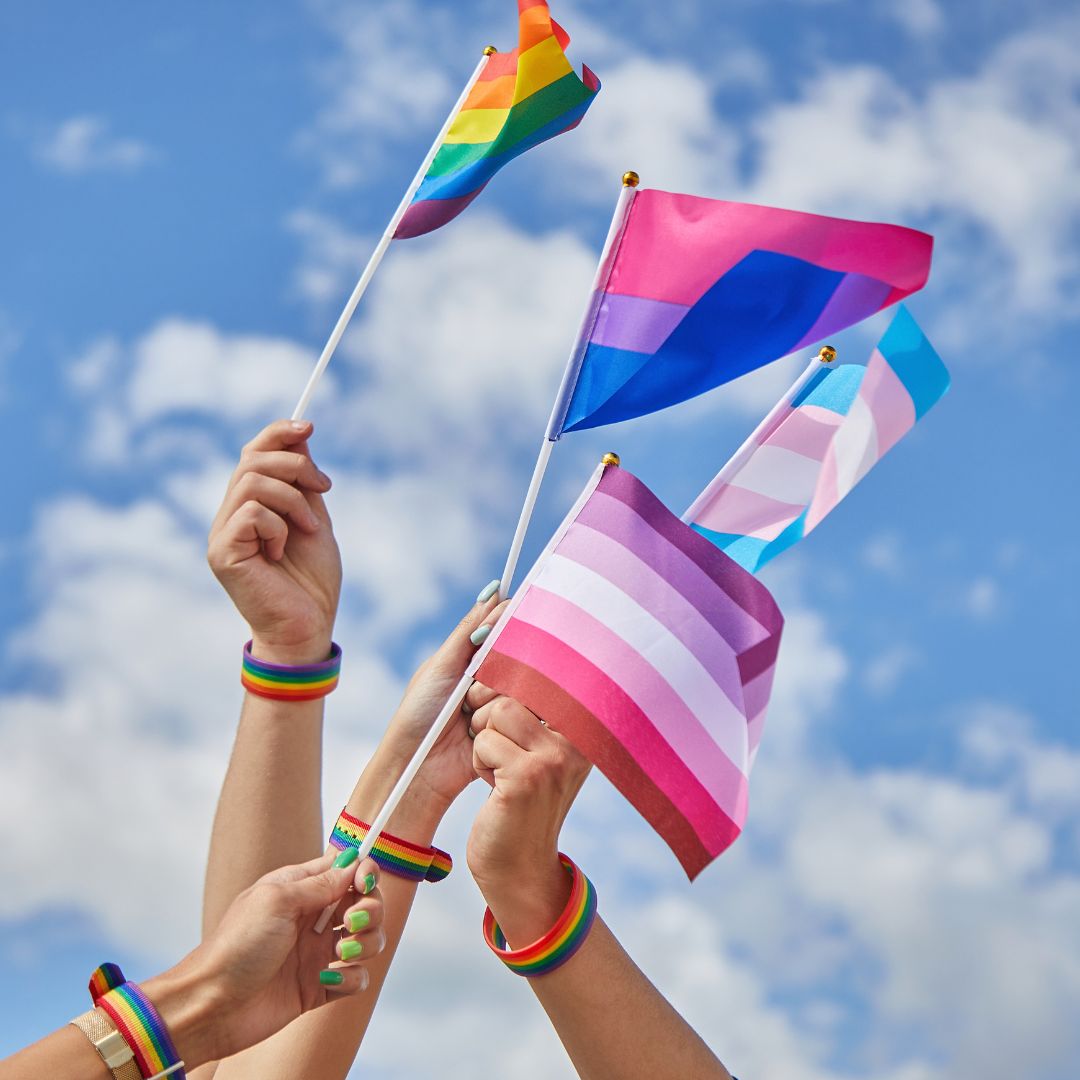
The disproportionate use of drugs and alcohol therefore represents one of the many health inequalities currently facing the LGBTQ+ community. Without overloading this connection, it is important to address the increased likelihood of addiction amongst LGBTQ+ people and the support that needs to be made available to the community as a result.
At New Leaf, we work to ensure that all individuals in our community receive a high-quality and equal level of care during their addiction recovery. If you believe you might have a problem with drugs or alcohol, we’ll be here to listen – not judge – and be ready to act as a guiding hand to help you throughout your journey.
Reach Our to New Leaf TodayAddressing an Unspoken Topic
The Office for National Statistics estimates that in 2019, approximately 1.4 million people, or 2.7% of the UK population aged 16 and over, identified as lesbian, gay, or bisexual (LGB). Despite this, very little research has been conducted around the prevalence of addiction amongst the LGBTQ+ community. We therefore remain in the dark about the extent to which addiction is gripping the lives of LGBTQ+ people across the country. This is alarming considering the research that does exist around the disproportionate use of drugs and alcohol.
At New Leaf, we want to shine a light on this topic to hopefully break down the barriers of stigma and encourage those who might feel they have a problem with drugs or alcohol to seek professional help. As a private rehabilitation clinic, we are extremely empathetic and compassionate towards all our clients. Many of our staff have personal lived experience of addiction, and so you can be assured that you’ll be heard and understood. We pride ourselves on establishing a nurturing and judge-free environment for all.
Let Us Help You On Your Recovery JourneyDrug Use in the LGBTQ+ community
Alongside the Stonewall report, past government surveys have also provided evidence that LGBTQ+ communities experience higher rates of illicit drug use compared to the general population. It’s important to focus discussions on understanding the root causes behind this emerging trend, rather than shaming or reinforcing negative stereotypes. By exploring the reasons for this connection, we can collectively work towards creating a safer and more supportive environment for all, ultimately reducing reliance on substances and promoting better health outcomes.
Discrimination and Drug Use
The challenges faced by LGBTQ+ individuals, including discrimination and prejudice based on sexual orientation and gender identity, can create significant stress. This stress, sometimes called ‘minority stress’, can lead some to use substances as a way to cope. From negative discriminatory experiences in schools and workplaces to family strain, these hurdles amount to a hidden issue within the LGBTQ+ community. Turning to drugs as a coping mechanism can ultimately lead to drug dependency, and ultimately, addiction.
Call Us Today: 0300 999 0330Alcohol dependency in the LGBTQ+ community
Similar to drug use, patterns of alcohol consumption within the LGBTQ+ community can also vary across sexual orientations and gender identities, and a concerning trend also emerges here. In the same reports, it was observed that LGBTQ+ people, particularly women, are more likely to engage in hazardous drinking compared to the general population.
In a 2021 NHS Digital report, a survey revealed that a significantly higher percentage of LGB adults (32%) exceeded the national recommended weekly alcohol limit (14 units) compared to heterosexual adults (24%). This represents another serious health discrepancy in our community.
Like the trend in drug use, a number of significant factors may be contributing to this issue. For example, LGBTQ+ individuals experience higher rates of depression and suicidal thoughts, both of which could lead to increased alcohol consumption as a means of coping. Stonewall’s 2018 report found that 52% of LGBTQ+ people surveyed experienced depression at some point during the year. There is therefore an alarming correlation between the poorer mental health of LGBTQ+ individuals and a disproportionate use of drugs or alcohol. LGBTQ+ communities are therefore arguably at higher risk of developing an alcohol or drug addiction than non-LGBTQ+ people. However, despite this heightened risk, accessing healthcare remains a challenge for many.
Fear of Stigma
No doubt one of the biggest obstacles LGBTQ+ people experience when trying to face up to their addiction is the fear of stigmatisation or discrimination within healthcare settings. This fear can lead to a reluctance to seek the critical support they need.
Research by the LGBT Foundation highlights this concern. Nearly 20% of LGB individuals reported they wouldn’t seek information, advice, or treatment due to worries about judgment surrounding their substance use. The Stonewall report meanwhile, reveals that almost a quarter (23%) of LGBTQ+ people have personally witnessed negative or insensitive comments directed towards LGBTQ+ individuals by healthcare providers.
These experiences can contribute to feelings of shame and isolation. The same research found that ‘shame/stigma/embarrassment’ was the primary reason why those experiencing addiction avoided seeking help. Trying to cope alone and simply not knowing where to find a comfortable and supportive environment were the second and third most common reasons cited.
Remove Stigma with New Leaf RecoveryHow New Leaf Can Help You
Here at New Leaf Recovery, we understand the importance of creating a welcoming space for everyone. We are committed to providing an inclusive environment where individuals feel comfortable opening up about their struggles, regardless of one’s chosen identity. Our aim is to break down these barriers and create a supportive space where everyone can confidently access the help they deserve.
We aim to help people discover the truth about themselves and their addictions, thereby addressing the root causes of their addiction. Ultimately, this helps our clients make a sustained recovery from their dependencies, preventing relapses and equipping them with healthier coping mechanisms for the life issues they may be currently facing – and returning to – when they leave our clinic.
We offer a range of rehabilitative therapies, from art therapy, meditation, and group therapy, where you will be listened to and supported. We also have a range of treatment plans, from 7-day plans to 28-day plans, so you’ll be sure to find a plan that is suitable for you and your individual needs. If you think you might have a problem with drugs or alcohol, and want a safe and secluded space where your voice will be heard, contact New Leaf and get the stress-free support you need today.
Call Us Today: 0300 999 0330Receive a Free Call Back
"*" indicates required fields
Our Complete Recovery Journey - from your initial enquiry, all the way through treatment and beyond into ongoing support, New Leaf Recovery are there to guide and support you.
New Leaf offers a complete journey of treatment - from initial detoxification and rehabilitation to ongoing support, including aftercare, family support, and beyond into long-term recovery.
Getting the right accommodation enables us to provide the right backdrop for our recovery methods. Any form of rehabilitation needs to happen in a safe, comfortable, secure and friendly environment.
Receive a Free Call Back
"*" indicates required fields
